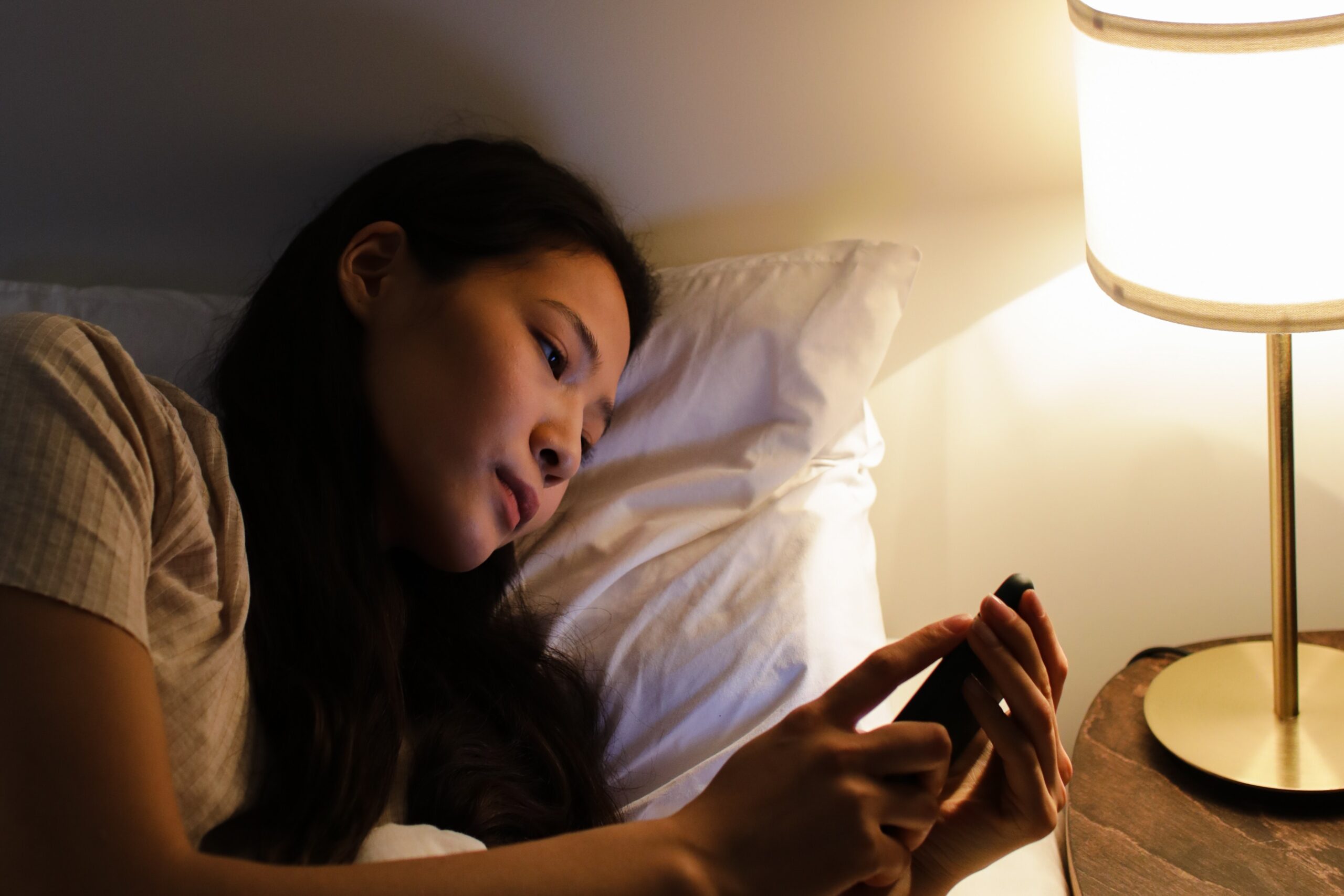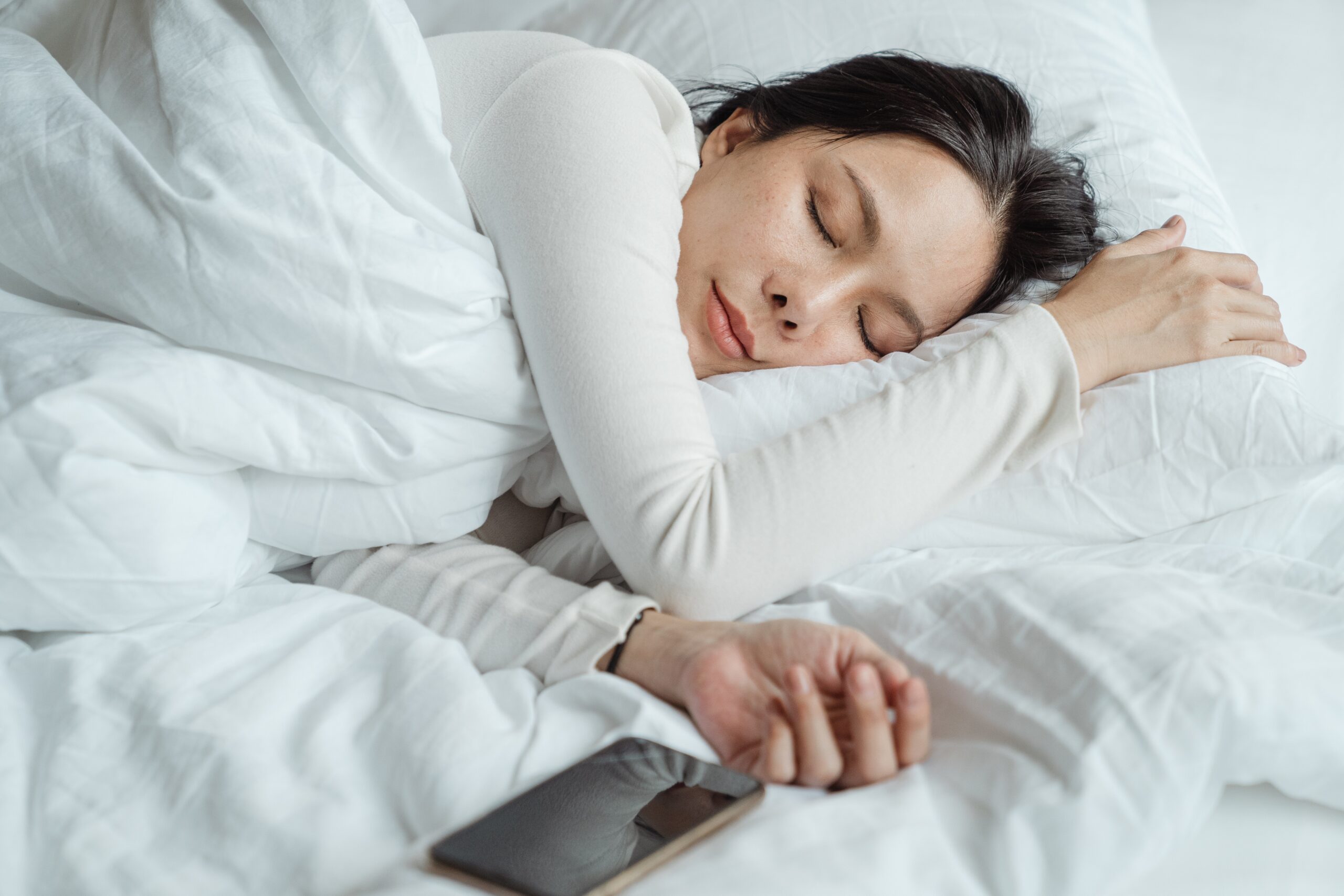Late-Night Phone Use: Its Effects on Health and Sleep Hygiene Solutions
In our increasingly digital world, it’s become commonplace to spend late nights scrolling through our smartphones, catching up on emails, or browsing social media. While this may seem harmless, the truth is that late-night phone use can have a significant impact on your health, particularly when it comes to your sleep. In this article, we’ll explore the negative effects of late-night phone use on your body and mind and provide practical solutions to improve your sleep hygiene.
The Impact of Late-Night Phone Use

1. Disrupted Sleep Patterns:
Late-night phone use exposes you to the blue light emitted by screens, which can interfere with your body’s production of melatonin, a hormone that regulates sleep-wake cycles. As a result, it becomes harder to fall asleep and maintain a consistent sleep schedule.
2. Reduced Sleep Duration:
Extended screen time can lead to shortened sleep duration. Insufficient sleep can impair cognitive function, mood, and overall well-being, affecting your daily life.
3. Delayed Bedtime:
Engaging with your phone late at night can tempt you to stay awake longer than intended, leading to delayed bedtimes and disrupted sleep schedules.
4. Increased Stress and Anxiety:
Late-night phone use often exposes you to stressful or anxiety-inducing content, such as work emails or social media drama. This can elevate stress levels and make it challenging to relax before bedtime.
5. Eye Strain:
Staring at a bright screen in the dark can cause eye strain and discomfort, leading to headaches and contributing to sleep disturbances.
6. Reduced Productivity:
The tiredness resulting from late-night phone use can lead to decreased productivity the next day due to impaired cognitive function and lack of focus.
7. Poor Sleep Hygiene:
Chronic late-night phone use can become a habit that disrupts your overall sleep hygiene, making it difficult to establish a healthy bedtime routine.
8. Increased Risk of Sleep Disorders:
Studies have shown that chronic late-night phone use is associated with an increased risk of sleep disorders, such as insomnia and sleep apnea.
Solutions for Improving Sleep Hygiene

1. Set a Technology Curfew:
Establish a specific time before bed when you will stop using electronic devices, including your phone. Stick to this schedule to create a consistent sleep pattern.
2. Use Night Mode:
Many smartphones offer a night mode that reduces the amount of blue light emitted by the screen. Activate this mode in the evening to help protect your sleep.
3. Create a Relaxing Bedtime Routine:
Engage in calming activities before bedtime, such as reading a book, taking a warm bath, or practicing relaxation techniques like deep breathing. These activities can signal to your body that it’s time to wind down.
4. Charge Devices Outside the Bedroom:
Keep your phone and other electronic devices out of the bedroom to reduce the temptation to use them late at night. This also helps create a sleep-conducive environment.
5. Prioritize Sleep:
Recognize the importance of sleep for your physical and mental well-being. Make sleep a priority in your daily routine by allocating enough time for rest.
Conclusion
Late-night phone use may seem harmless, but it can have a significant impact on your sleep and overall health. By understanding the negative effects and implementing solutions to improve your sleep hygiene, you can enjoy better rest, increased daytime productivity, and enhanced well-being. Make a conscious effort to disconnect from your phone before bedtime, and you’ll reap the benefits of improved sleep and a healthier lifestyle.






